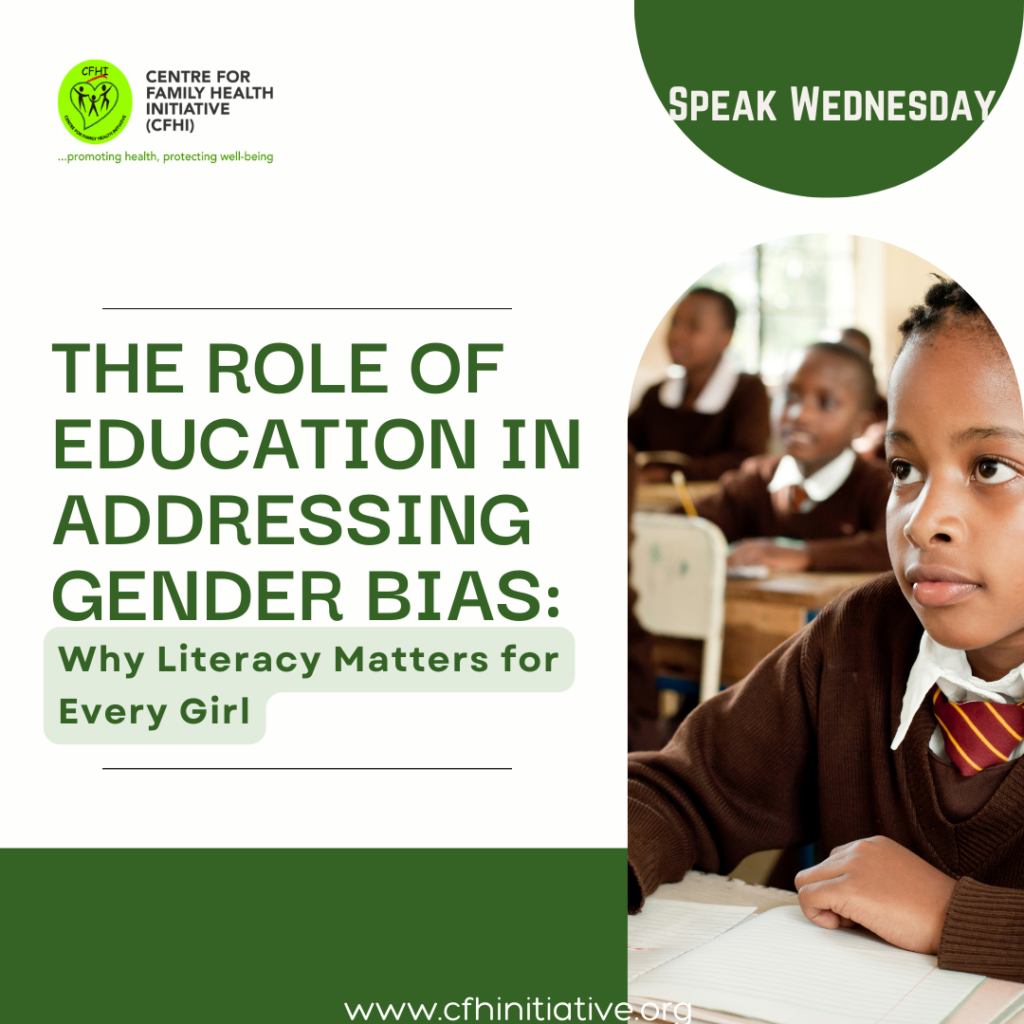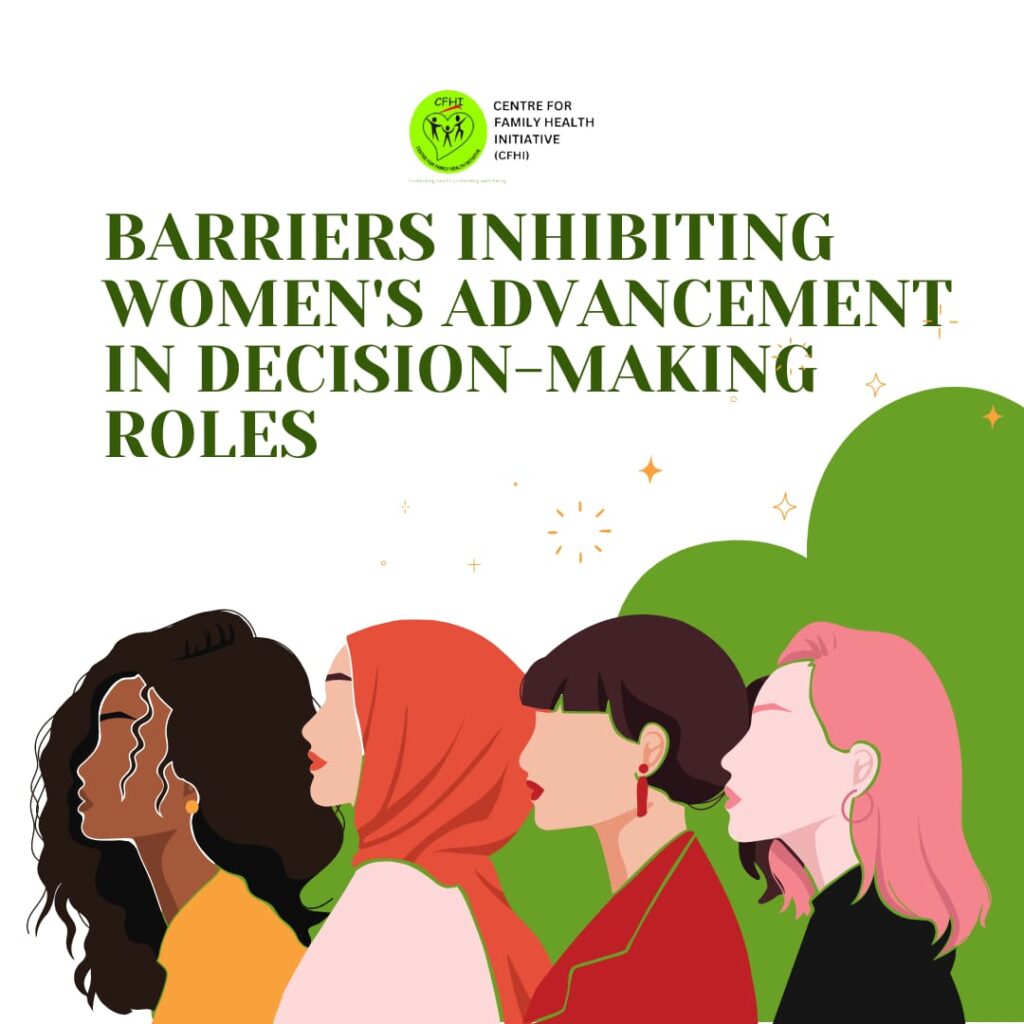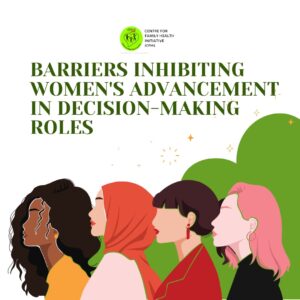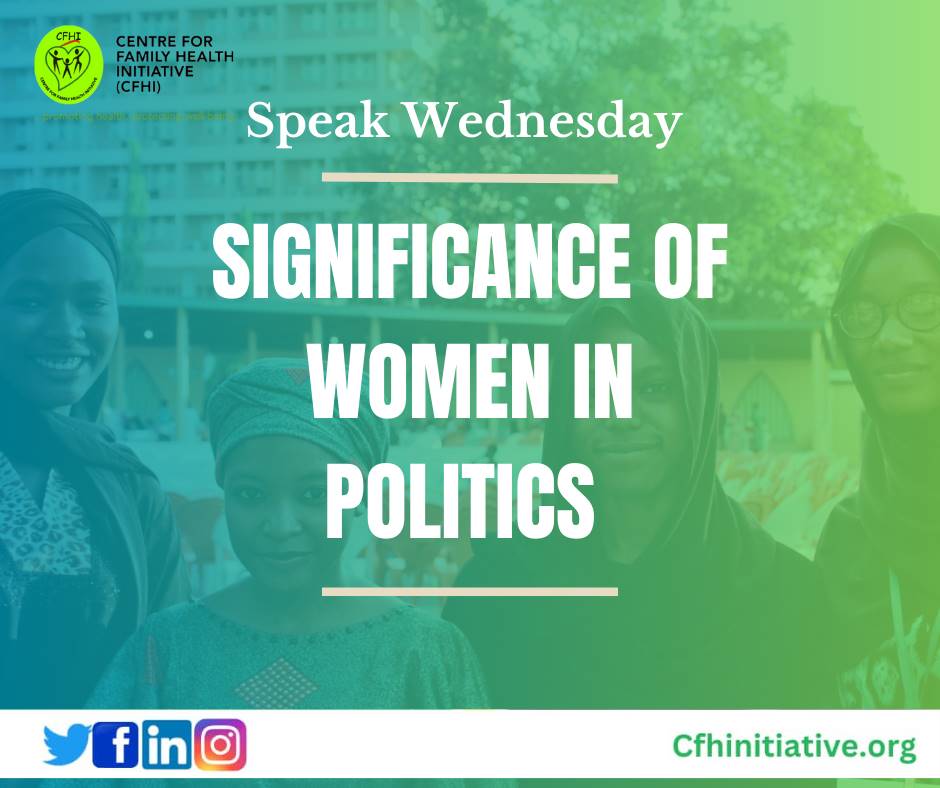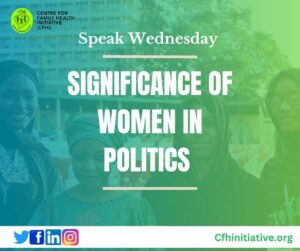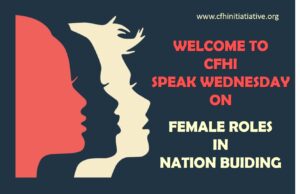THE ROLE OF EDUCATION IN ADDRESSING GENDER BIAS: WHY LITERACY MATTERS FOR EVERY GIRL
Education is a game-changer, especially for girls. Across the world, millions of girls are held back by gender bias, often missing out on school because of outdated beliefs that prioritize boys’ education. However, the reality is that when girls receive an education, it not only transforms their own lives but also positively impacts their families and entire communities.
Literacy is more than just the ability to read and write; it is a gateway to empowerment and independence. Educated girls are more likely to delay marriage, have healthier children, and earn better incomes. According to UNICEF, when a girl is educated, she has the power to transform her life and lift her community out of poverty.
Moreover, educated women are more likely to advocate for their rights and challenge harmful gender norms. The World Health Organization (WHO) notes that mothers with an education are better equipped to keep their families healthy, which means fewer child deaths and stronger communities.
Schools can be the front line in the fight against gender bias. Education can challenge stereotypes by teaching both boys and girls the importance of equality and respect. When children learn about gender equality early on, they grow up to be adults who value and promote it. -UNESCO
Every girl deserves the chance to learn. When we invest in girls’ education, we invest in a brighter, more equal future for everyone. It’s time to break down the barriers and make sure every girl, everywhere, gets the education she deserves.
Speak Wednesday is an initiative of CFHI to address issues around gender-based violence and gender bias.
References
• UNICEF. (2022). Why Girls’ Education Matters.
• WHO. (2021). Women’s Health and Education.
• UNESCO. (2020). COVID-19 and Education: The Road to Recovery.
• UNESCO. (2019). Gender Equality in Education: A Key to Social Progress.
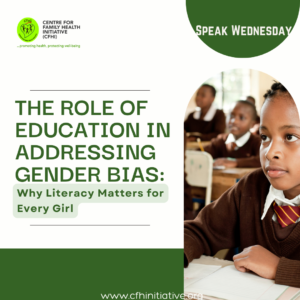
THE ROLE OF EDUCATION IN ADDRESSING GENDER BIAS: WHY LITERACY MATTERS FOR EVERY GIRL Read More »

